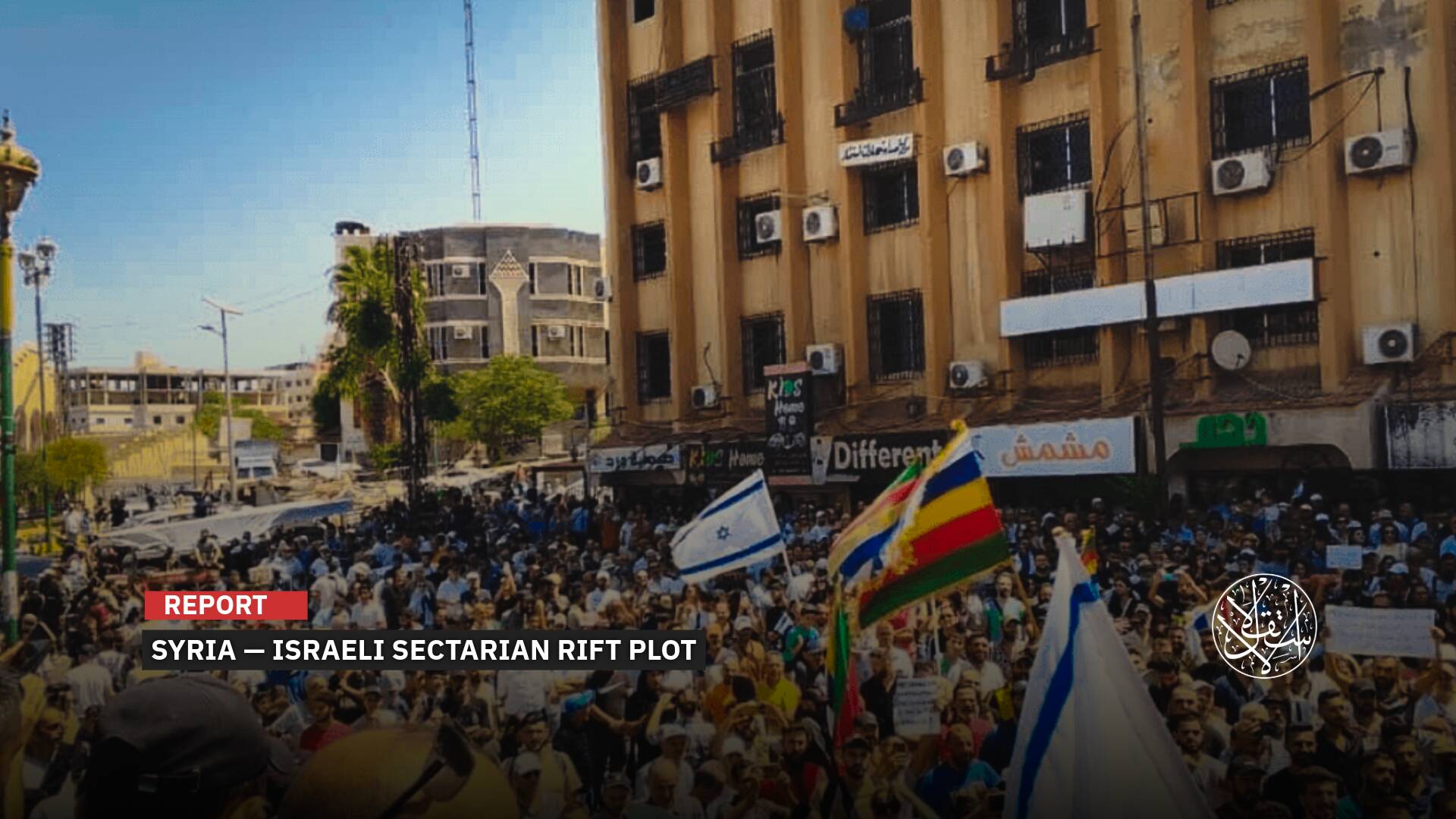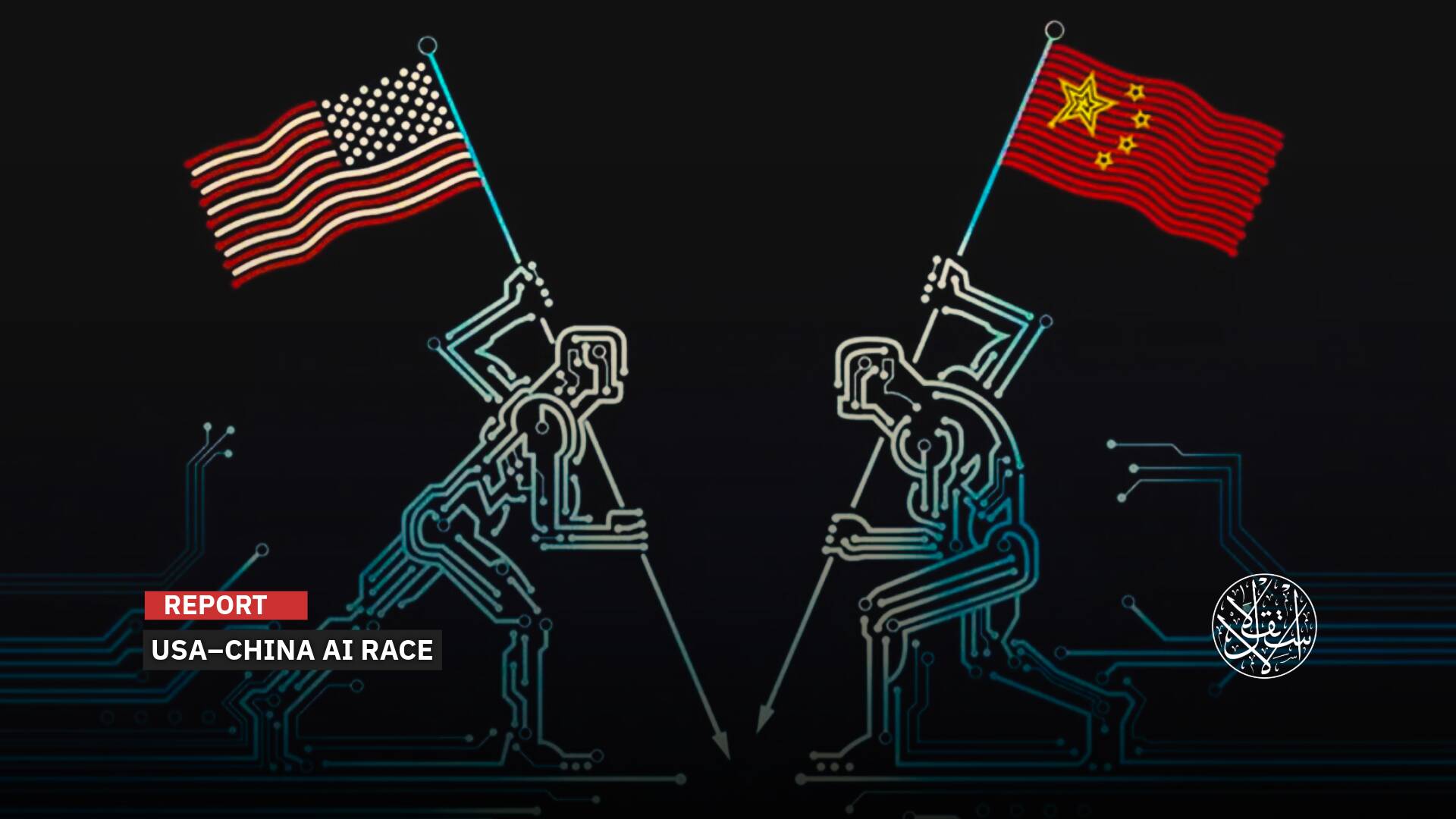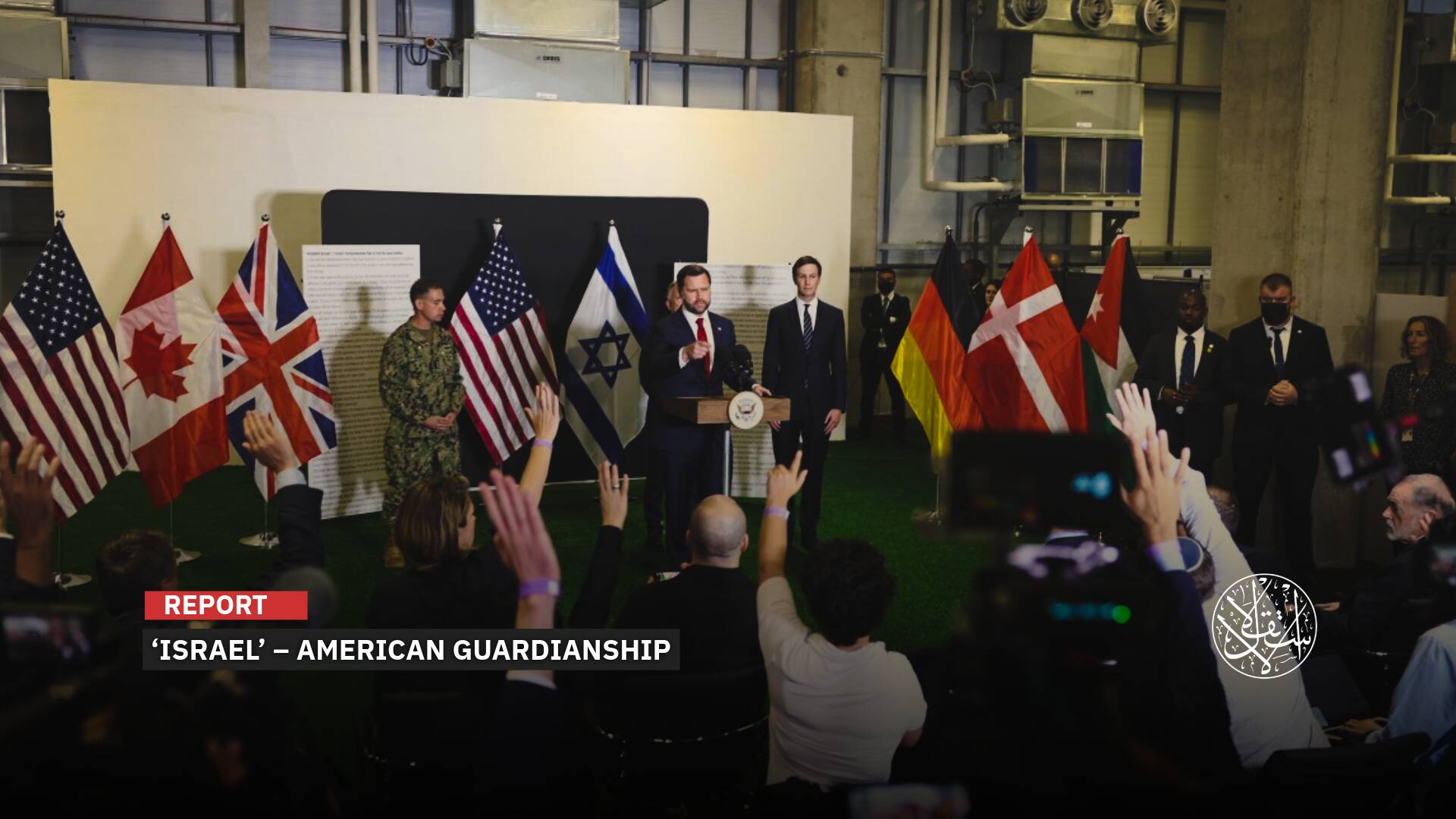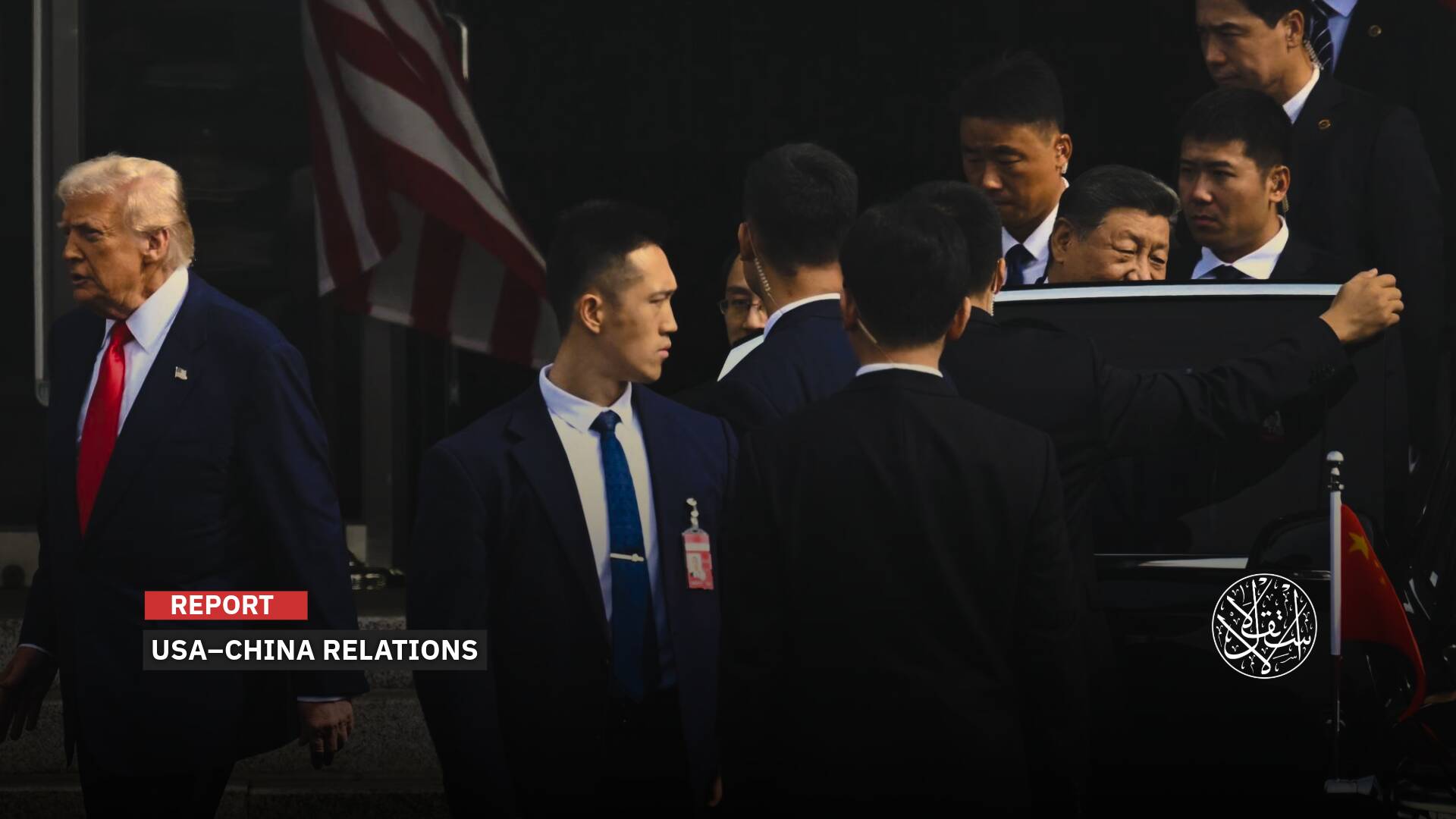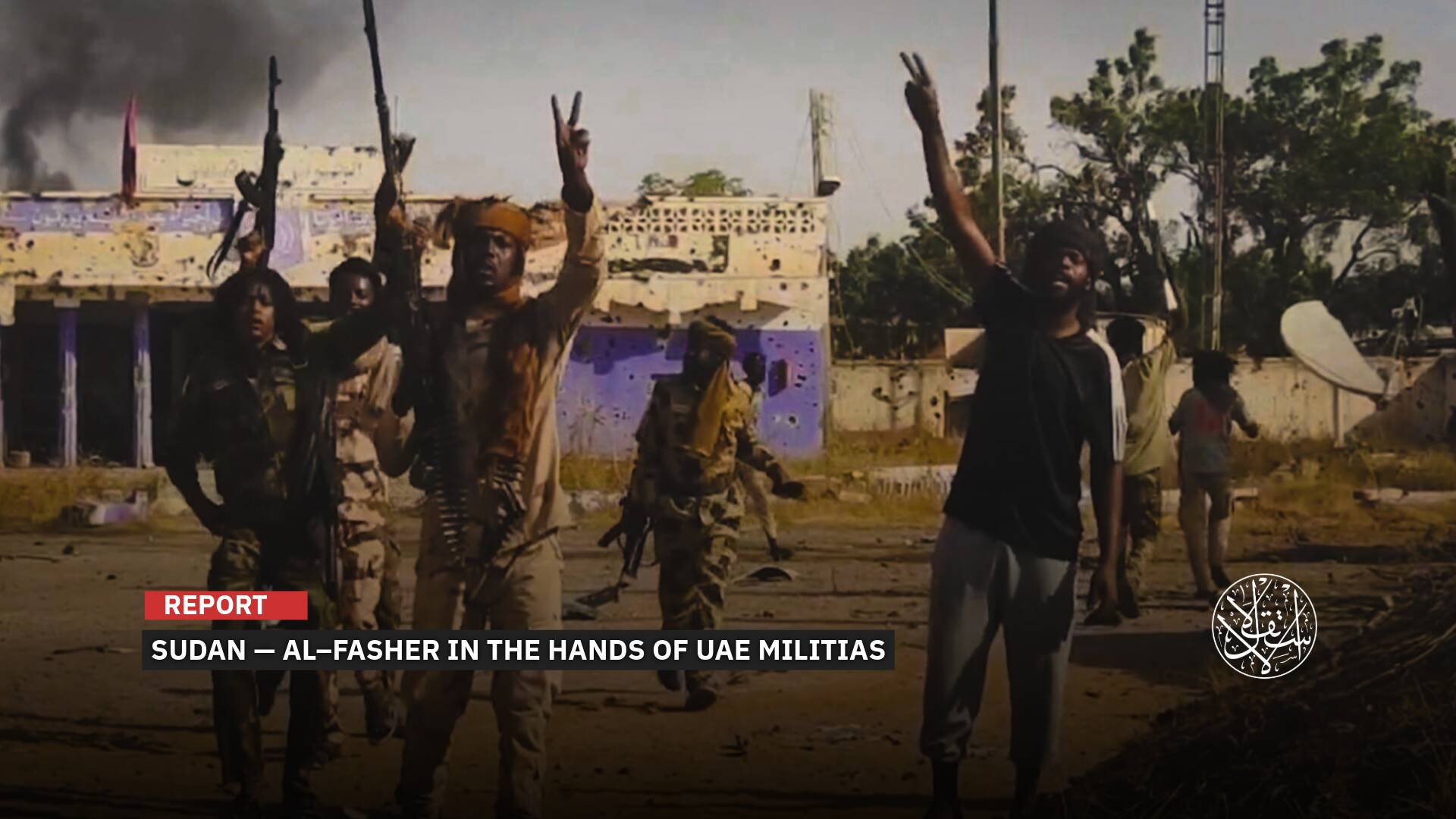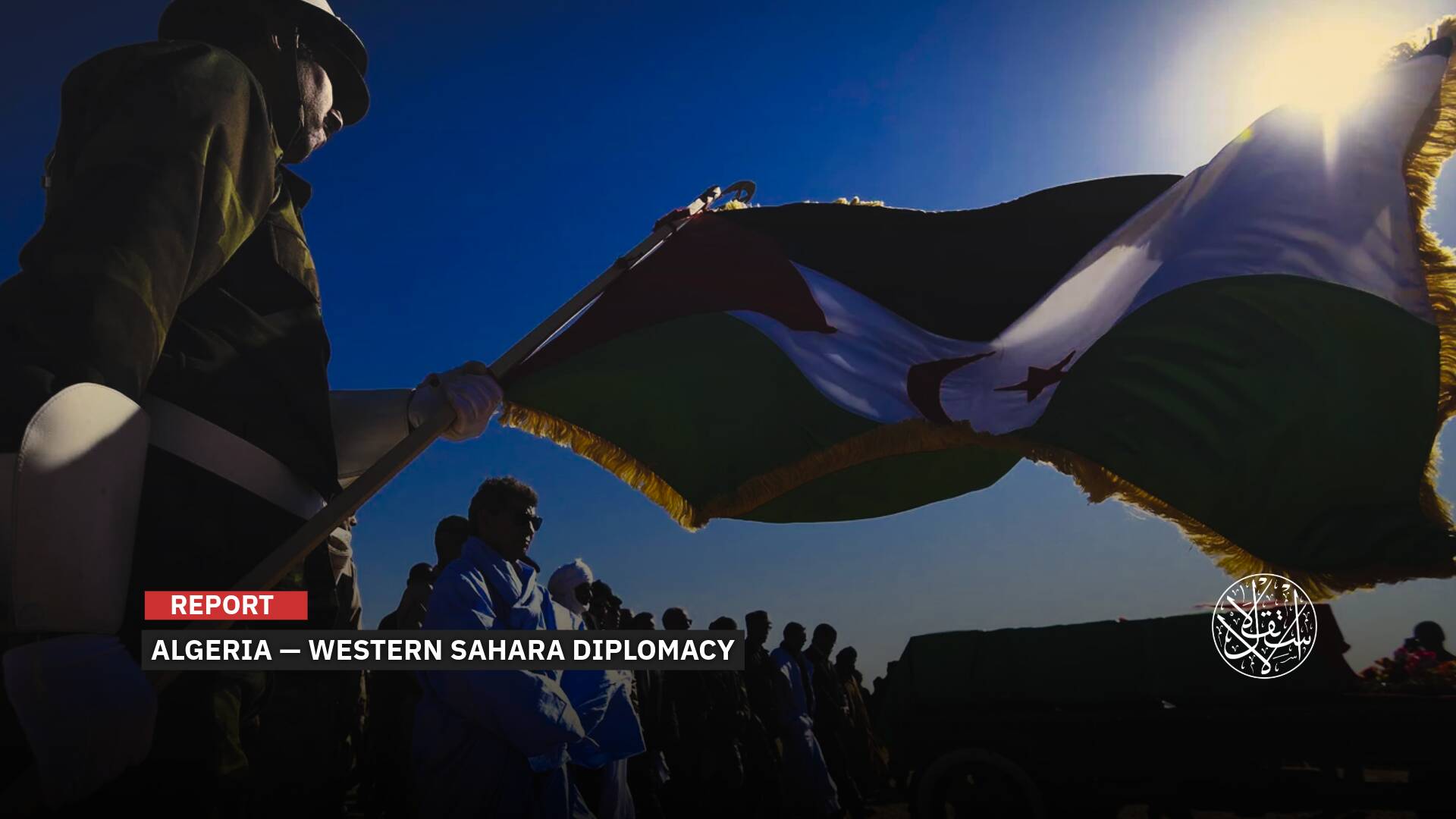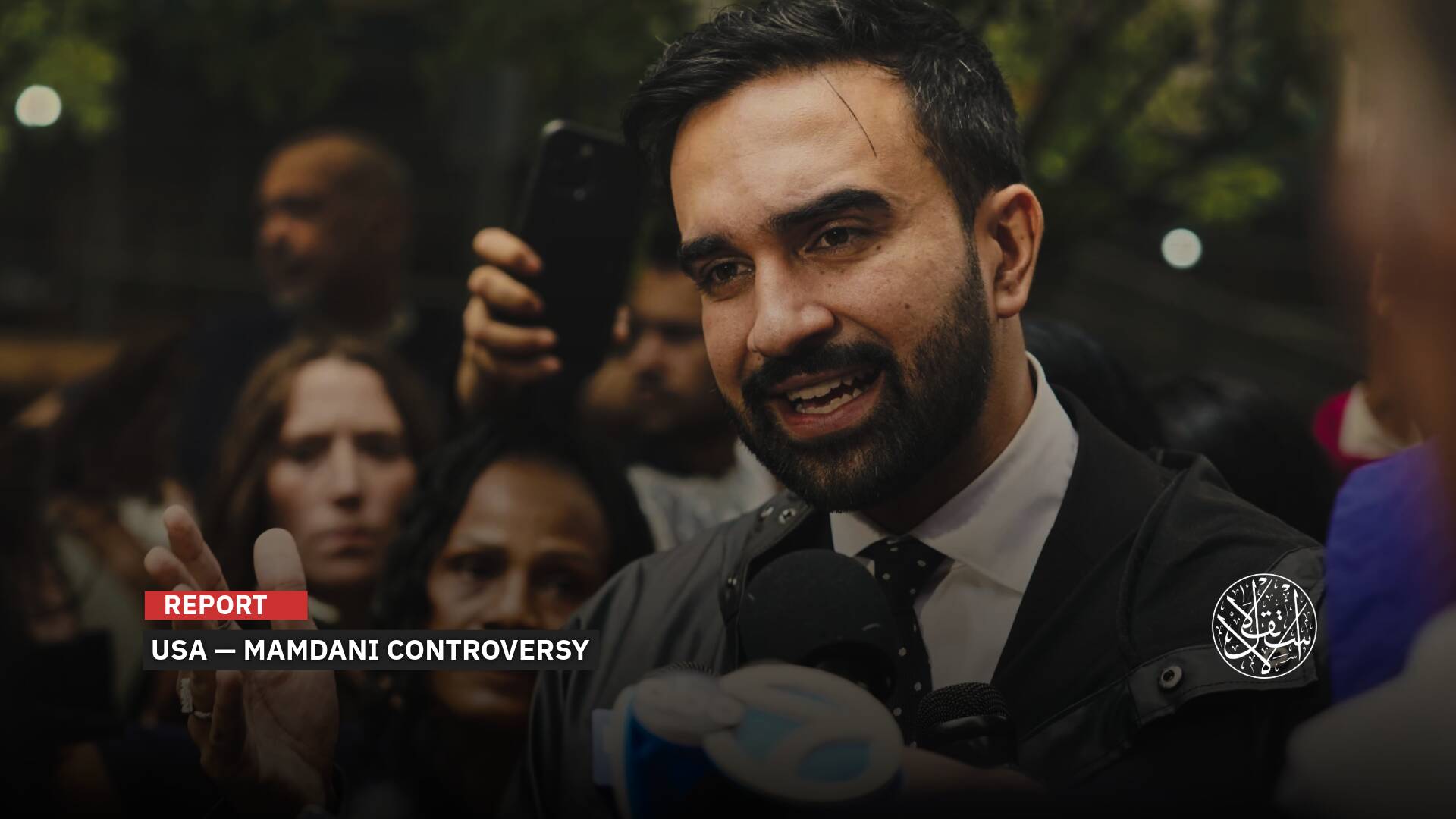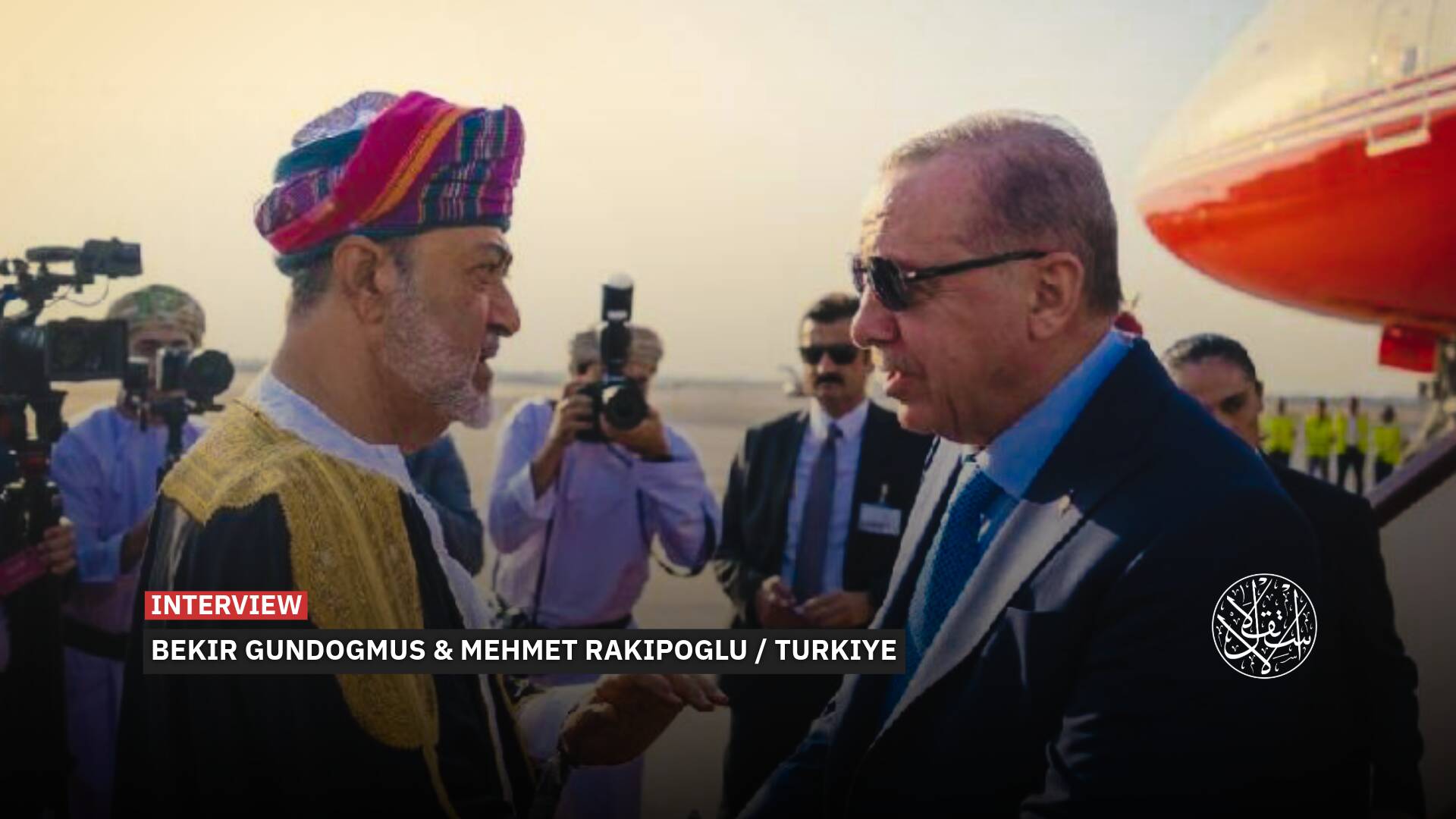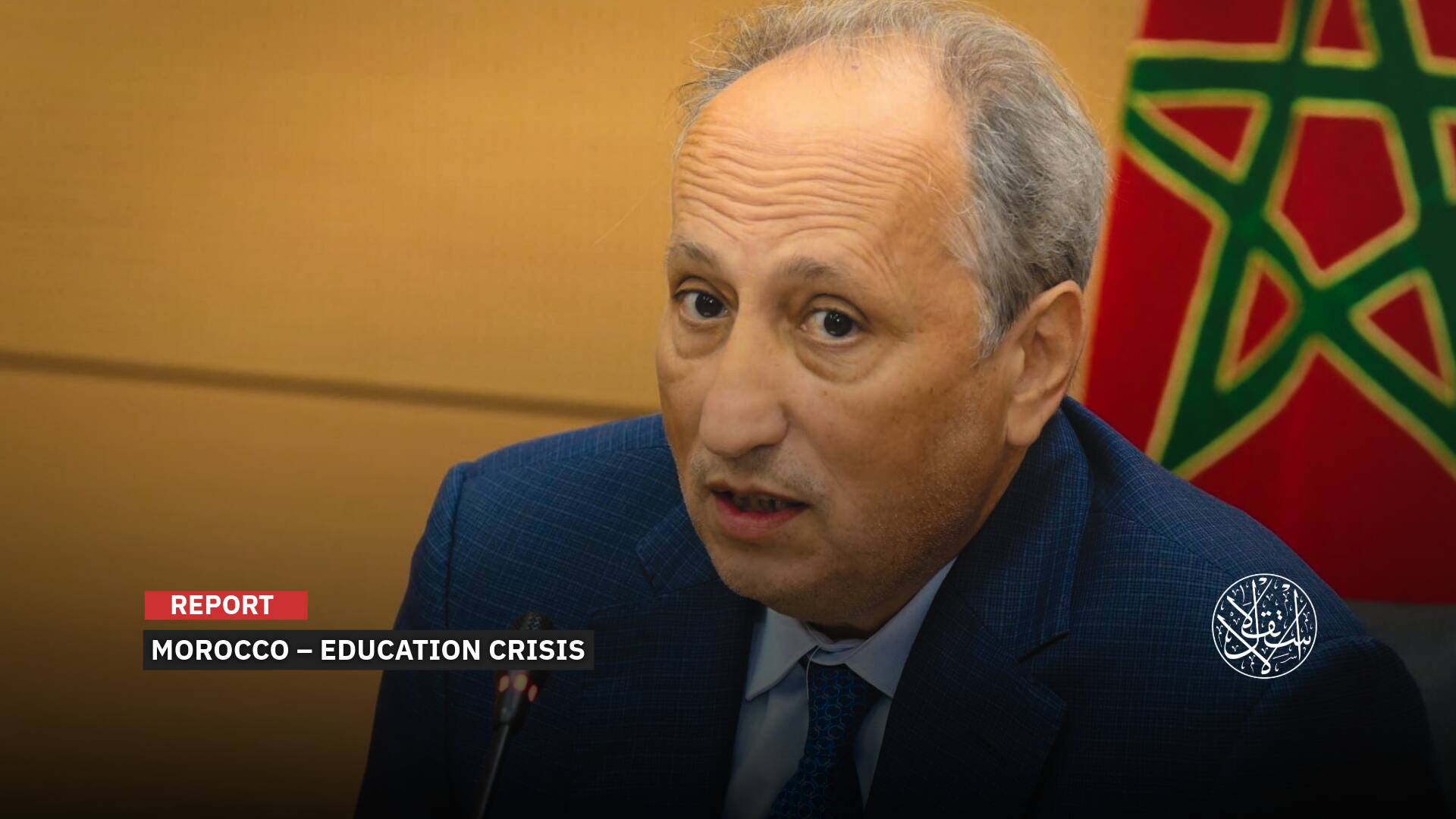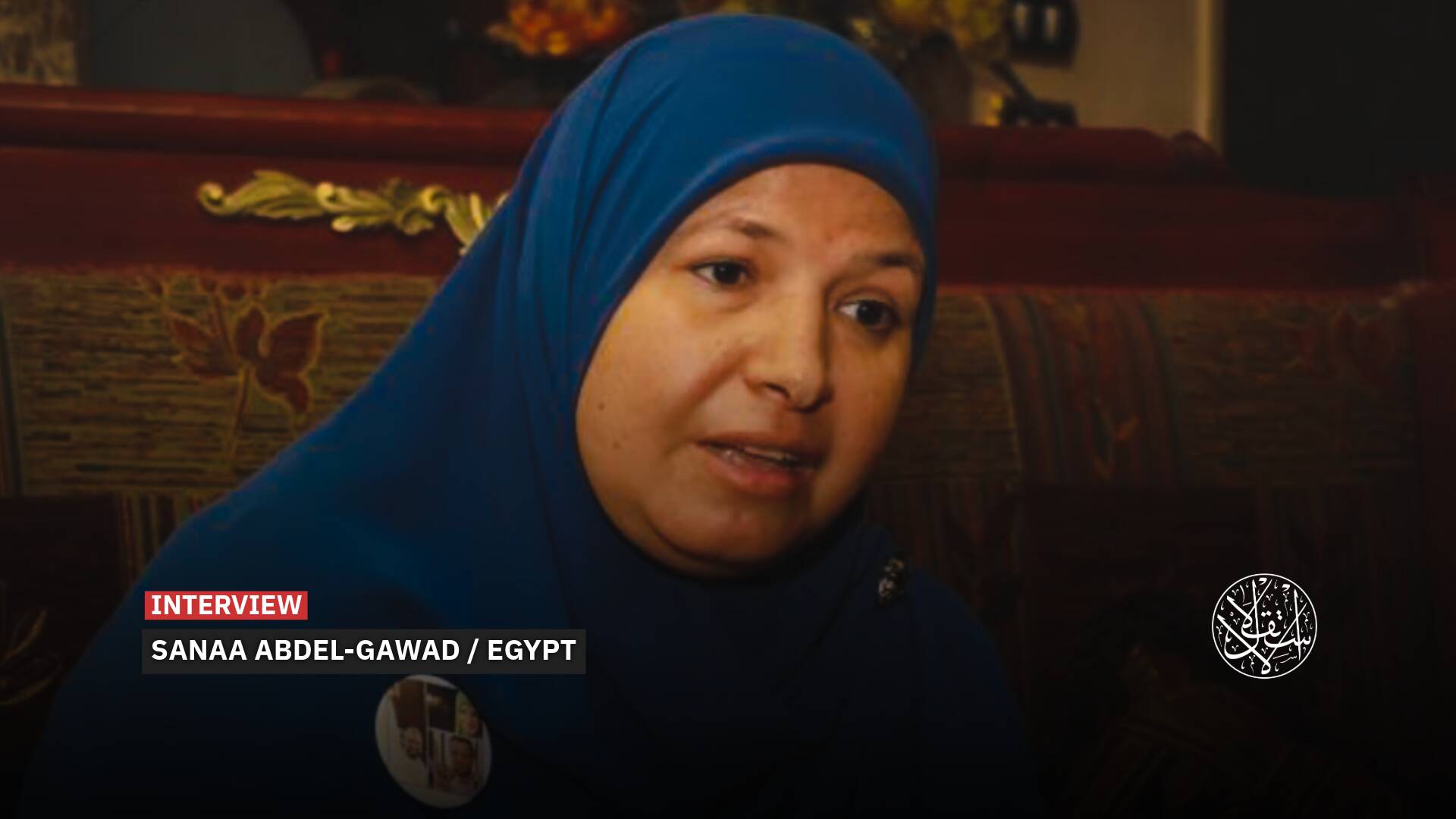Negotiations or Escalation: How the Trump Administration Will Reshape US Policy Towards Iran

“Washington and Tehran have not had diplomatic relations for 45 years.”
Iranian President Masoud Pezeshkian recently tried to exploit his last chance to convince the incoming US administration of his views on the necessity of negotiation and not resorting to escalation in the file of his country's nuclear program, stressing that Iran never had any intention of assassinating US President-elect Donald Trump and will not do so in the future.
For about 3 months, Pezeshkian has been leading a round of negotiations with European countries on the file that threatens to explode a regional conflict in the region due to Trump's refusal to give any chance for diplomatic solutions with Tehran, preferring a policy of pressure through sanctions or military force if necessary.
At the same time, Tehran was keen to strengthen its diplomatic positions calling for negotiations by demonstrating its military strength, as the IRGC and the Army's Air Defense Force conducted a series of military maneuvers around nuclear facilities in Iran.
Tehran also revealed that its army had received a thousand new drones, and unveiled what it described as a missile city that shed light on an aspect of its offensive capabilities, in addition to announcing a new destroyer for intelligence monitoring and monitoring vibrations.
It is noteworthy that during his first term, US President-elect Donald Trump imposed a series of measures to weaken the Iranian economy and reduce its regional influence, targeting in particular its nuclear program.
Last December, Massad Boulos, Trump's new Middle East adviser, announced that the incoming administration plans to revive the maximum pressure strategy against Iran, indicating a clear intention to strengthen its isolation.
Bloomberg reported that Trump's advisers are developing a comprehensive sanctions strategy to increase pressure on Iran.
The Economist described Iran as vulnerable to a comprehensive economic attack by Trump. Spectator magazine warned that a Trump presidency could mean the end of the Iranian regime.
Washington and Tehran have not had diplomatic relations for 45 years. During his election campaign, Trump repeatedly called on Israel to strike Iranian nuclear facilities.
New Messages
In an interview broadcast by the American NBC News channel on January 15, Iranian President Masoud Pezeshkian explicitly announced his government's readiness to negotiate with Trump’s administration, denying recent accusations of Iranian attempts to assassinate the Republican candidate.
He denied that his country was seeking war, but said in return that Iran would respond to any attack.
In the same context, he expressed his hope that this war would not take place because it would harm all players, not just Iran, denying the accusations against Iran of working to manufacture a nuclear bomb.
He added that Iran had committed to all its nuclear commitments after the negotiations and conclusion of the nuclear agreement, holding the Americans responsible for aborting the agreement that Trump announced in his first presidential term to withdraw from.
In response to the question regarding an Iranian plot to assassinate Trump, Pezeshkian said that this is one of the allegations raised by Israel and other countries to spread Iranophobia.
He strongly denied that Iran had planned to assassinate anyone and had no plan to do so and did not and will not do so.
In November 2024, the US Department of Justice brought charges against an Iranian in connection with an alleged plot by the IRGC to assassinate Trump. Law enforcement agencies succeeded in thwarting the plot before any attack could be carried out.
Trump also said last year during his election campaign that Iran may have been behind attempts to assassinate him.
Iran's ultraconservatives condemned President Pezeshkian for his comments to NBC News, in which he denied Iran’s intention to assassinate President-elect Donald Trump.
Hossein Shariatmadari, editor-in-chief of the Kayhan newspaper affiliated with Iran’s supreme leader, called the president’s comments beyond his authority and a message of humiliation to the archenemy.
A senior member of Khamenei's office, Mehdi Fazaeli, told the press in Tehran on Wednesday: “I say loud and clear, and with the highest degree of certainty that negotiations with the U.S. will not serve our national interests.”
Vatan-e Emrooz, another conservative outlet, criticized President Pezeshkian for asserting in the interview that Iran had never intended to harm Trump.
On January 8, Iranian Supreme Leader Ali Khamenei described those who support negotiations with the U.S. as terrified of the enemy.
The Iranian president's interview with the American channel was not just a press conference, but rather included messages to the Trump administration.
In this new administration, there are two teams, the first calls for military action against Iran, especially the nuclear reactor sites, justifying this by the need to respond to the assassination attempt, and to prevent Iran from reaching the level of being able to manufacture nuclear weapons.
As for the second team, it calls for seizing the opportunity to conclude a modified agreement with the Iranians regarding the nuclear file, and to pressuring them to lift their hands from their agents in the region, in preparation for a comprehensive peace deal in the Middle East.

Nuclear Escalation
In the same context, analyst Lawrence Haas said in a report published by the National Interest magazine that “with Iran facing geopolitical setbacks, President Trump will soon find himself facing an important decision: Should he increase pressure on the Iranian regime to weaken it further, or exploit this weakness to try to negotiate a new deal?”
Council on Foreign Relations President Emeritus Richard Haass suggested that Trump reshape his policy toward Iran through diplomacy, while emphasizing the readiness to use military force if Tehran refuses to adequately address US and Western fears.
It is noteworthy that Tehran has recently and publicly operated advanced centrifuges and increased the rate of uranium enrichment to high levels close to those required to manufacture a nuclear bomb.
As a result, French President Emmanuel Macron stated that the Iranian nuclear program may be approaching the point of no return, leaving the West with less time and limited options to prevent Iran from obtaining nuclear weapons.
For his part, Trump believes that the United States must prevent Iran from obtaining a nuclear weapon, and he criticizes what he considers Tehran’s destabilizing actions throughout the Middle East.
After the latest Israeli retaliatory strike against Iran on October 26, 2024, Trump expressed his support for Israel’s right to defend itself against threats posed by Iran.
He also criticized what he considered to be Joe Biden and Kamala Harris’s allowance of Iran’s access to more money due to their leniency in applying sanctions on Iranian oil sales.
During his 2024 presidential campaign, Trump indicated that his Iran policy in the second term would be very different from that in his first.
On the other hand, the US president will enter the White House surrounded by a group of hawks who share a unified vision for confronting Iran and its ambitions.
The most prominent of these appointed figures in the Trump administration awaiting confirmation are: Marco Rubio (Secretary of State), John Ratcliffe (Director of the Central Intelligence Agency), Mike Huckabee (Ambassador to Israel), and Mike Waltz (National Security Advisor).
Rubio is a vocal critic of the Iranian regime, calling for maximum economic and diplomatic pressure, while Ratcliffe calls for enhanced intelligence targeting and monitoring of Iran’s nuclear program.
Waltz emphasizes countering Iranian influence through increased sanctions and military readiness, while Huckabee supports close cooperation with “Israel” to confront Iran, including military action if necessary.

Iranian Maneuvers
In another context, the IRGC spokesman Brigadier General Ramazan Sharif downplayed concerns in Tehran about the incoming US President Donald Trump, who imposed severe sanctions on Iran during his previous term.
“We have faced and defeated every American president, all of them united in their hostility to the revolution. We have endured Trump's four-year term, and he understands Iran's power better than anyone else,” he said.
On January 4, Iran launched a series of military maneuvers with the participation of thousands of fighters in large areas of the country to demonstrate its readiness, confront threats, and simulate how its defense systems would respond to a real war on multiple fronts.
The first phase of the maneuvers, which are scheduled to last two months, included a joint exercise by the IRGC and the Army's Air Defense Force to defend the Natanz nuclear facility in the center of the country against simulated attacks with bombs, missiles, and drones.
In the same context, Tehran recently unveiled a new underground missile base, which was said to have been used several months ago to attack “Israel”, showing a huge number of missiles stacked up.
Last week, the Iranian armed forces also unveiled an advanced, locally-made reconnaissance ship, named Zagros, noting that it is equipped with electronic sensors, interceptor missiles, and cyber capabilities.

A pro-Iranian Telegram channel recently explained the reason for Tehran's intensification of its military maneuvers this year as being that it is working to raise its readiness in terms of air defense and offensive in preparation for facing potential developments in the coming period.
Iranian leaders are concerned that Trump will give Israeli Prime Minister Benjamin Netanyahu the green light to strike Iran’s nuclear sites, as US sanctions on Iran’s oil industry are tightened through the maximum pressure policy.
The recent Iranian maneuvers coincided with leaks about Tehran receiving a number of Russian-made Sukhoi-35 fighter jets and the Air Force’s readiness to operate them in the coming period, after Tehran confirmed last year that it had received Mi-28 attack helicopters and Yak-130 training fighters from Moscow.
In turn, political analyst Ibrahim Khatib explained in a statement to Al-Estiklal that “Iran does not have many options in dealing with Trump, which forces it to reach an understanding and reach a deal that allows it to avoid further US sanctions and pressure.”
As for the United States, Mr. Khatib explained that “Trump’s policy towards Iran requires flexibility that balances between escalating economic and military pressures, and exploiting Iranian weaknesses, while taking into account regional changes and the risks resulting from them.”
Sources
- Iran unveils new underground naval base amid tension with US and Israel
- Iran is vulnerable to a Trumpian all-out economic assault
- Beware of Premature Talks with Iran
- Trump’s presidency could spell the end of Iran’s regime
- Trump Team Readies Oil Sanctions Plan for Russia Deal, Iran Squeeze
- Hardliners pillory president for denying Trump assassination plot



